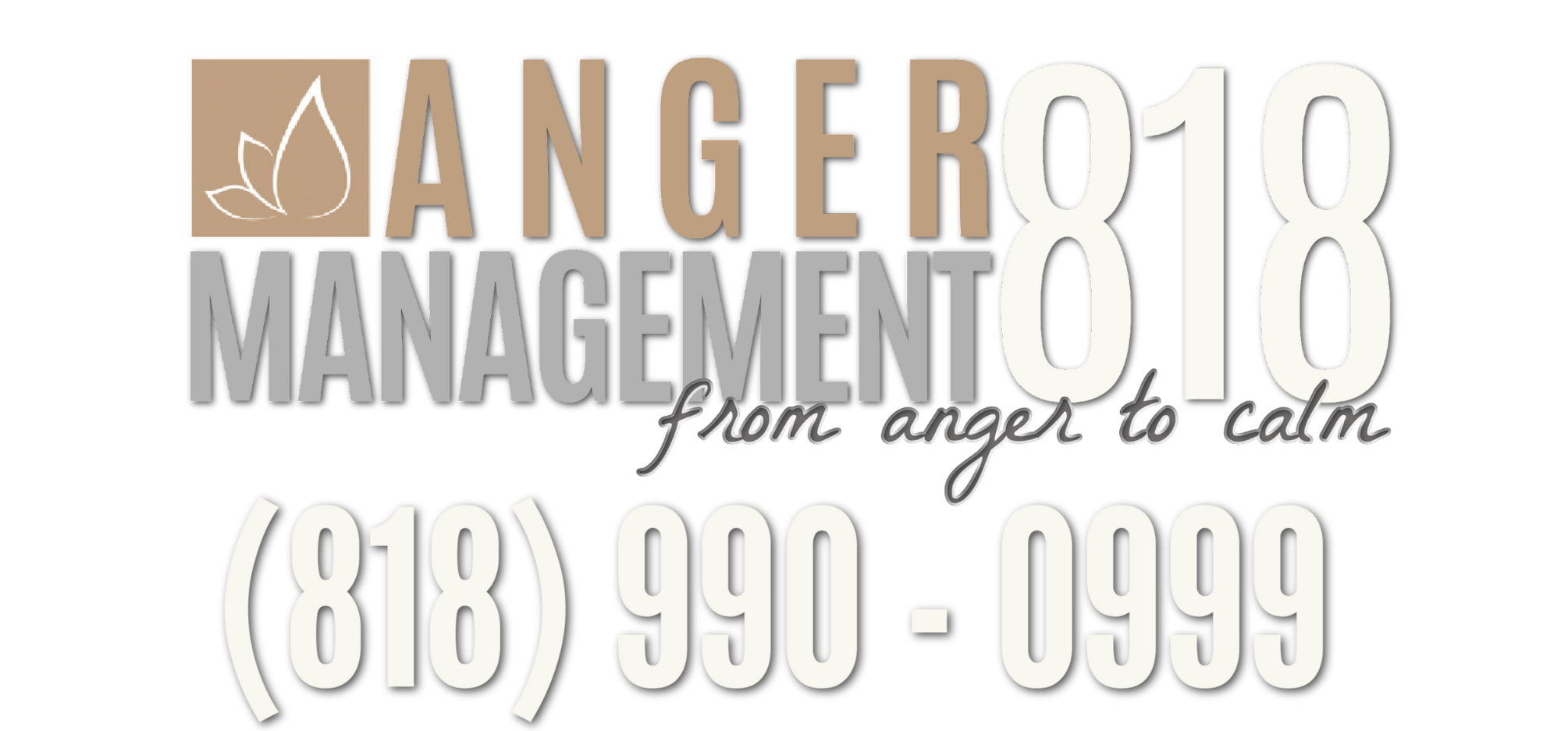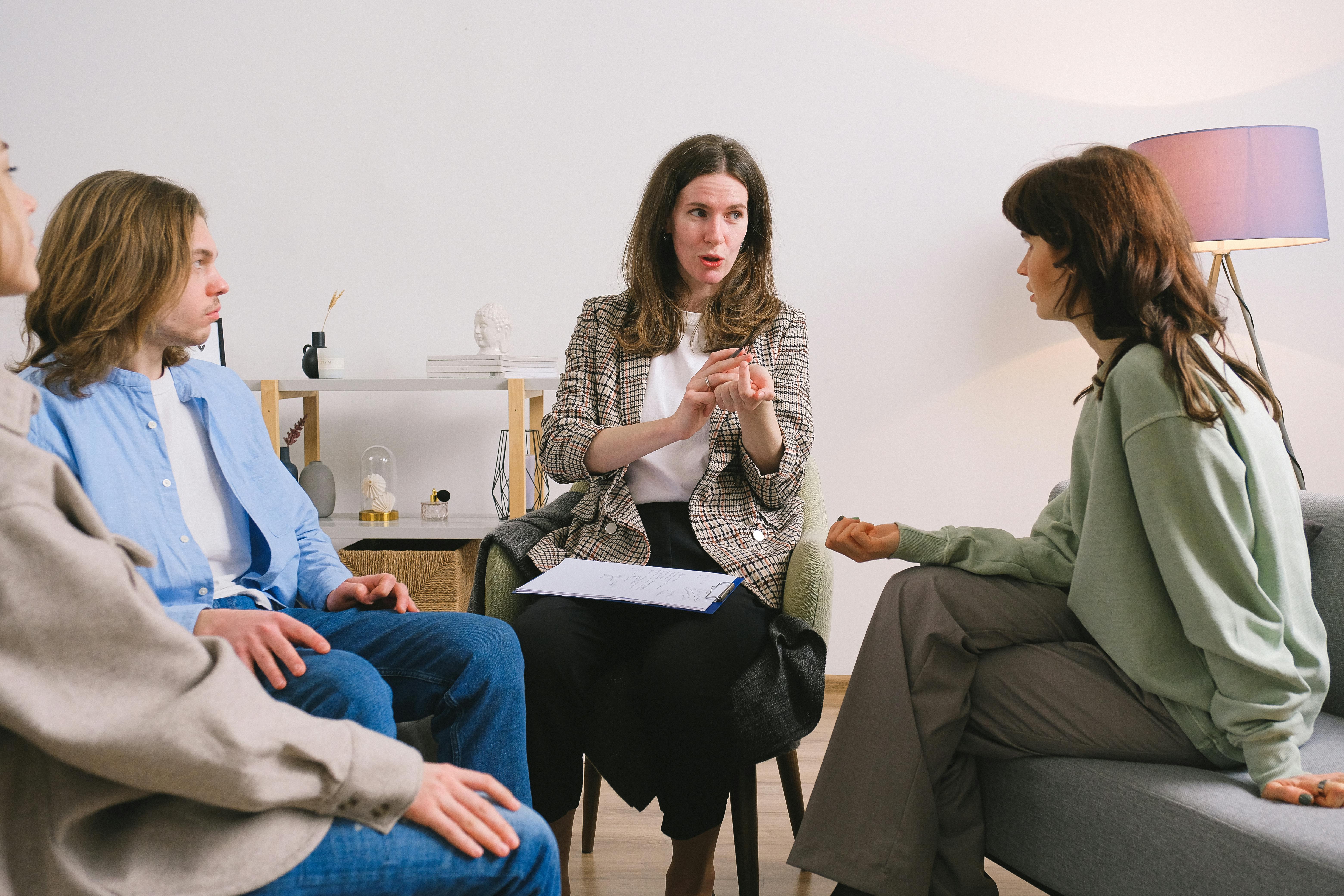Have you ever been gripped by an overwhelming flood of emotions in the face of perceived disrespect? It’s a normal human reaction, one that can ignite an onslaught of anger that is laced with undercurrents of shame, confusion, hurt, self-doubt, and fear. Once that sense of being disrespected is felt, the shift towards being enraged often follows closely in its footsteps.
Few have an innate tolerance for disrespect, which brings us to the question of what exactly is it. What does it really mean to be disrespected? Within this piece we will be providing some clarification around these complicated questions and addressing some rather subjective answers, exploring both the value of the messages disrespect is sending and the issues that can arise when those signals are significantly misconstrued or responded to with impulsivity. To build a better understanding of this phenomenon, we will be slowing down by exploring the nuanced evolution of our emotions, how social interactions influence these dynamics, and more about anger as a secondary emotion.
What’s the history of anger and disrespect?
Anger is an emotion that has been a vital part of our evolutionary process, an important signal for the perception of threats, or injustices that can inspire the fight-or-flight survival response. The body’s innate way of expressing that something feels amiss. So when it comes to disrespect, whether through gestures, words, or actions, the brain tends to interpret it as an active attack on us through our status or dignity. The perception of someone threatening you can trigger the anger response as it could be received as a threat to your livelihood, with the potential of reducing access to resources and possibly fatal repercussions of being exiled from the community. In this case, we see that anger is a secondary emotion with fear and feeling threatened as the primary emotion. While disrespect often is not a life-or-death situation, it is important to keep in mind that your body can still interpret it as such. This means it can take immense effort and intention to interpret the message behind your body’s alarm system in the moment.
What is Disrespect?
Well disrespect isn’t an emotion, it is a concept or perception of someone else’s behavior. It is the action or tone that influences or puts into question someone else’s sense of their perceived worth, dignity, or authority. This can appear or arise from clearly stated insults or subtle dismissive actions that land as disregarding or degrading. While disrespect often ignites an emotional response such as anger, it is important to acknowledge that our emotions and the cause of them are two different concepts. Understanding the impact of perceived disrespect requires self-reflection and for one to take the time to identify what has evoked the reaction of hurt. To sense that someone was disrespectful cannot determine if that was their intention, even if it feels clear in the moment, often enough it is a difference in expectation of communication or norms.
The work participants do in mandatory anger management classes is to help them shift their perspective from being disrespected to gaining insight about themselves as it relates to the situation. Whether attending court ordered anger management classes or working with an anger management counselor individually, the goal of the program is to reduce aggressive behavior by slowing down the primitive part of our brain and reducing the likelihood of reacting.
What’s the Difference Between Disrespect and Respect?
Disrespect is thought of as a subjective emotional state, so while not a distinct feeling, it can ignite a broad range of emotions. The notion of disrespect is used to encompass things such as anger, frustration, hurt, and feelings of indignation. The feeling of being disrespected is typically portrayed as an emotional processing of the perception of one’s boundaries, expectations, or the standard of one’s social norms being violated. Alas, it is vital to note that what is considered disrespectful varies widely from person to person. Differences between cultures, family expectations, and one’s general comfortability meter, can make something feel deeply disrespectful to one human, and absolutely inconsequential to another. The subjective quality of disrespect is one of the many complexities that can be noted within the process of coming to understand yourself and those around you.
Meanwhile, respect is a bit easier to define as it is the notion of acting in a way that indicates to another that you see them as worthy. While this is also subjective by its very nature, it is a bit easier to conceptualize the agreement of extending admiration and showing another appreciation. Actions that allow someone to recognize they are seen as worthy of an investment of your time, energy, and intention. Therefore, one feels respected when someone else is making it known that their presence and thoughts are valued.
With how wide the variances of values are, the only real way to know you are meeting another person in such a way that resonates respectfully is to check in. Which brings us to the invitation that if you feel disrespected, could there be enough room to get curious? Is there room within you to develop the ability to tell someone directly what you would need to change for the current dynamic to shift from feeling full of disrespect to being respectful? A licensed therapist or counselor can also help facilitate these conversations.
How Do I Get Over Being Disrespected?
Managing the anger that arises when disrespect is felt requires the cultivation of self-awareness and perspective-taking. Building awareness around your triggers and coming to understand the messages your emotions are sending can help to demystify your impulse to react and create space for the ability to respond. Furthermore, strengthening your direct communication skills is a necessary component of resolving conflicts that are rooted in the perception of disrespect. When we remember that people have different values and expectations for how to be approached and treated we can start the hard work of expressing our needs and boundaries assertively. Trusting in the process of creating mutual understanding and cultivating a clear blueprint for what respect can look like within your unique relational dynamics.
When we take the time to develop our sense of empathy and explore the nuances of different perspectives you can often decrease the tension and facilitate healthier interactions. Often what we see as disrespectful is an unintentional misunderstanding or cultural norm. This is not to say that there are no instances of intentional disrespect. However, there is immense value in the process of reminding yourself that you deserve to be direct about how you want to be treated. Plus there are numerous benefits to approaching others with the benefit of the doubt and curiosity, instead of assuming a threat. From decreasing anxiety about the unknown to lessening the overwhelm of being flooded by anger, building trust in yourself to start and navigate hard conversations with grace can positively influence so many of the worlds around you.
Disrespect can bring up a multitude of emotions as while anger is often the easiest to identify, hurt, and frustration tend to be mixed in alongside a host of other feelings. Even though disrespect is not an emotion it does have a significant impact on one’s emotional state and the dynamic within one’s relationships. Developing a clearer understanding of how our emotions, thoughts, and relationships impact us can aid in the navigation of the heat that arises with disrespect, offering a different path of insight and understanding. The creation of mutually respectful and thoughtfully direct communication in our interactions can help pave the way for better relationships, a stronger sense of connection to oneself, and the cultivation of an empowered life.
For further support, reaching out to a licensed therapist specializing in anger management is a great option. Anger management classes guide participants through identifying anger as a secondary emotion and how to proactively respond to triggers and scenarios in your daily life. Reach out anytime to hear how we can help.

Carly Rose Schwan is an Associate Marriage and Family Therapist at Avedian Counseling Centers with offices in Glendale and Sherman Oaks. She is trained in fields such as Anger Management and Couples Therapy. She currently works under the licensed supervision of Chrys Gkotsi, LMFT #113638.




